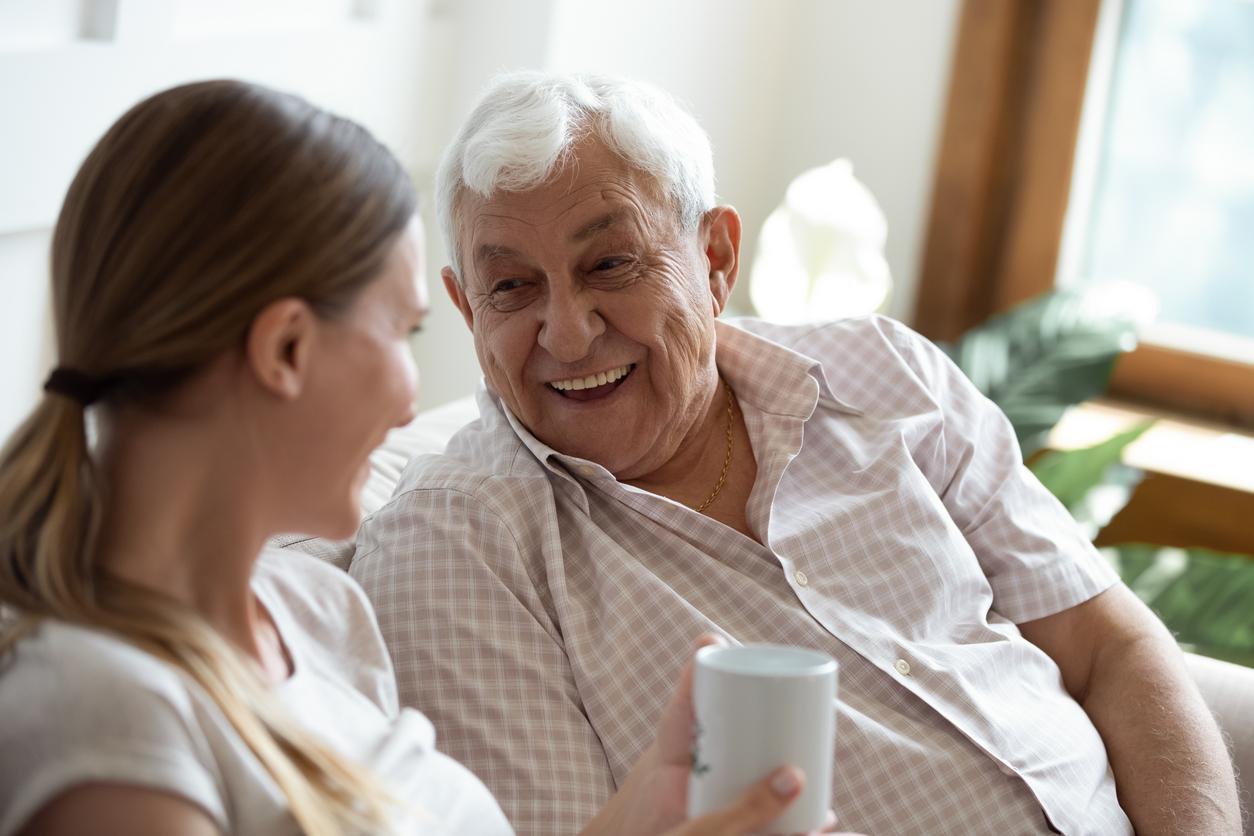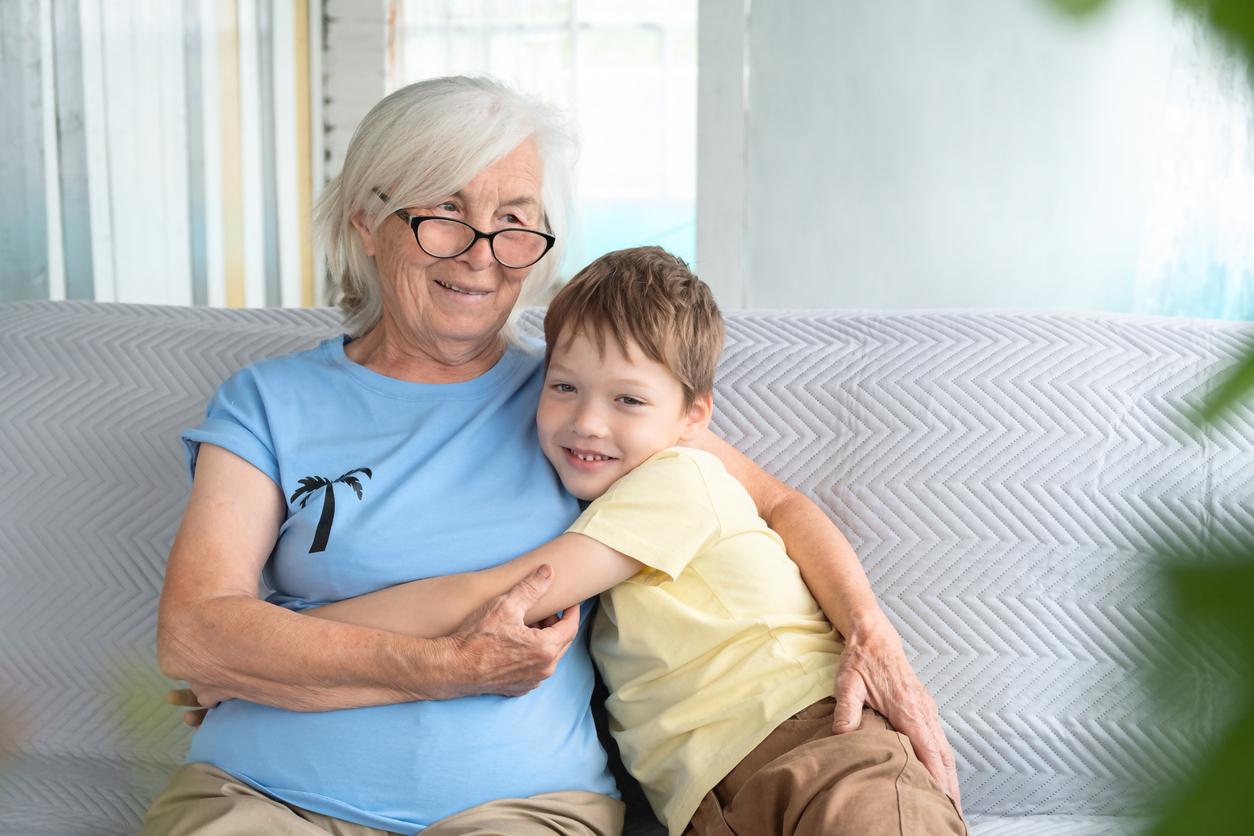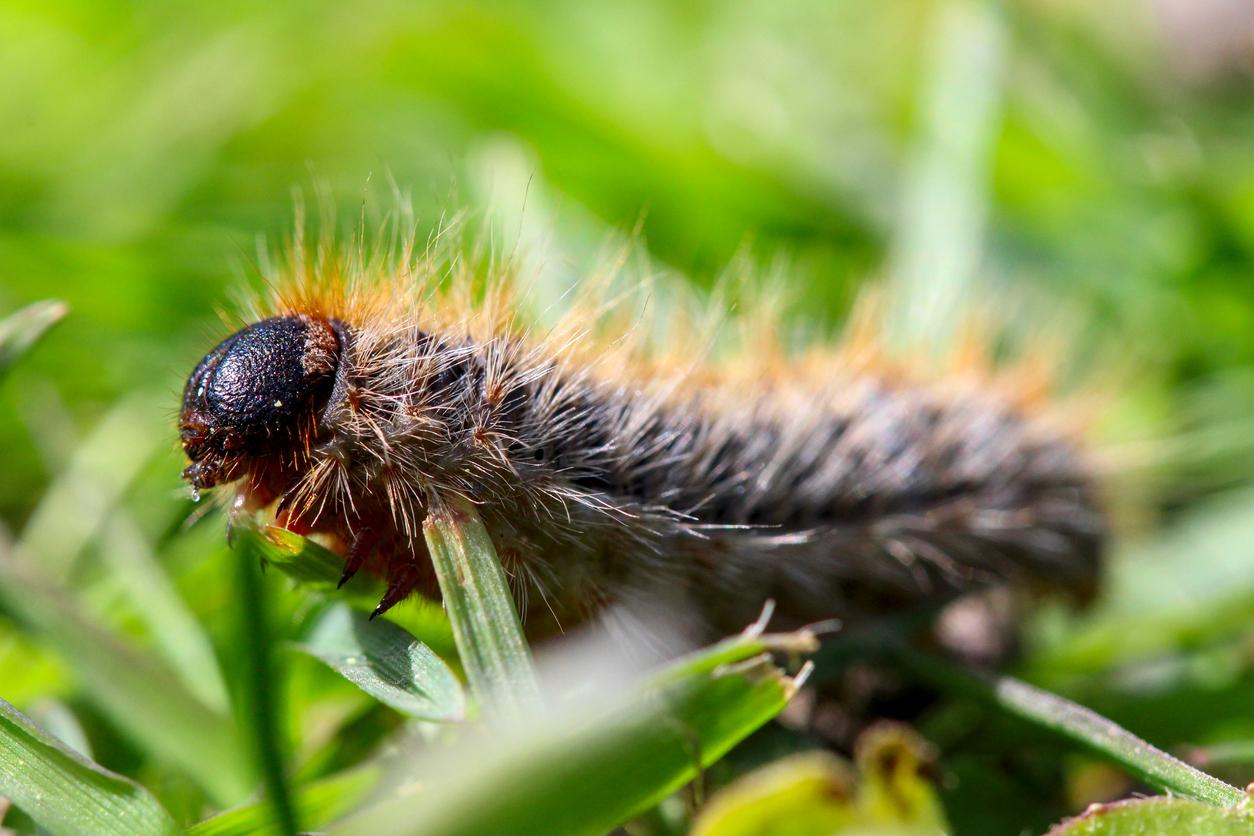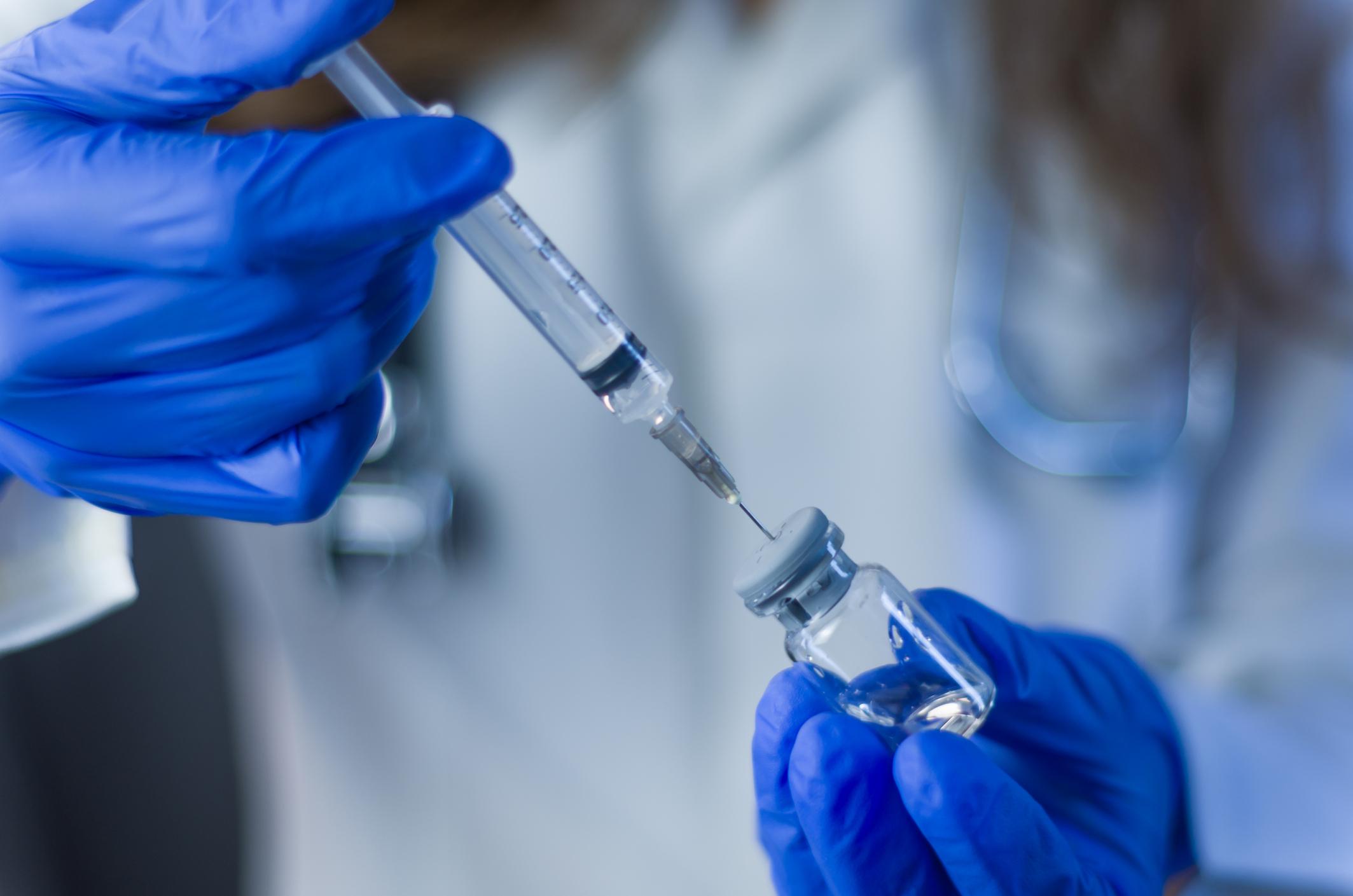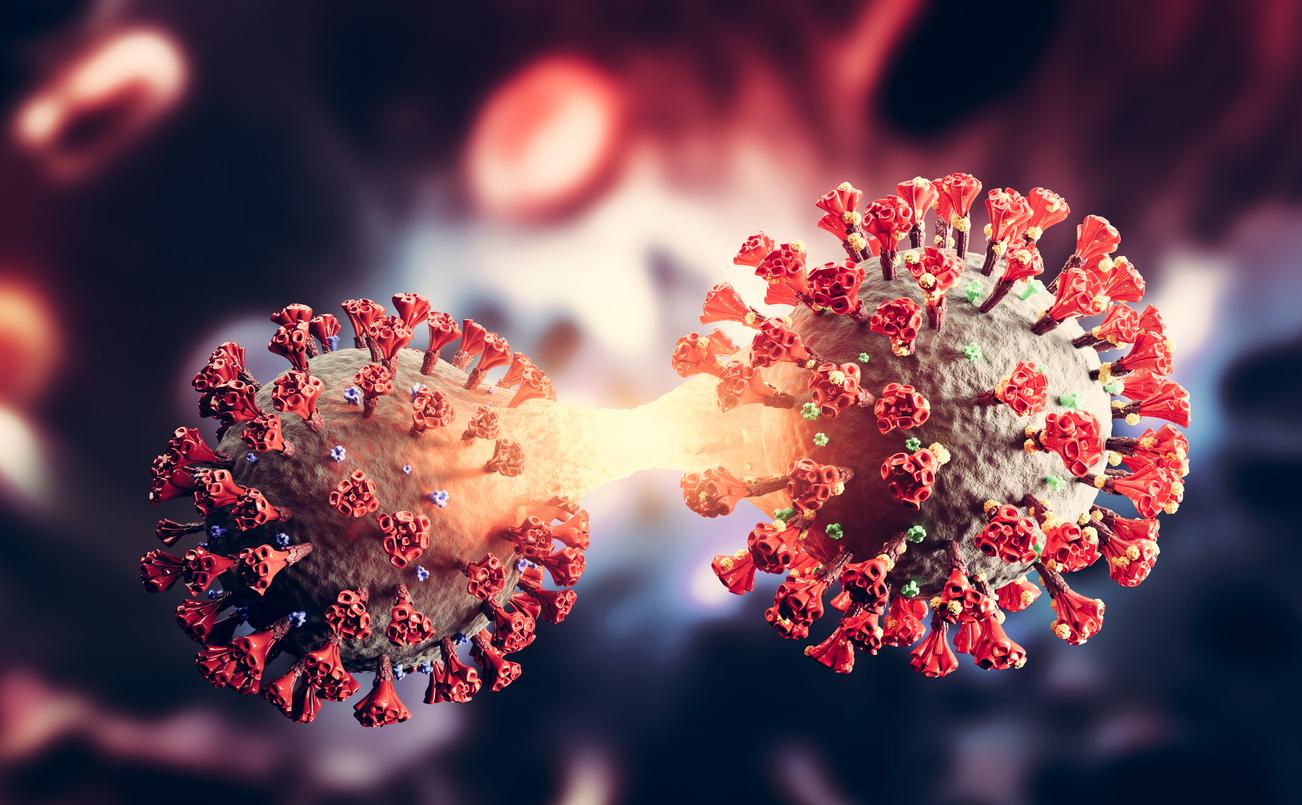The 5th wave is here: Covid-19 contaminations and hospitalizations are on the rise in France. Another concern, the Omicron variant from South Africa.
Likely to spread internationally, the WHO mentioned this Monday, November 29, a global risk “very high” which could have “serious consequences” in certain regions.
In France, the authorities recall the importance of screening and immediate respect for the isolation of any person presenting suggestive symptoms, but also of any contact person of a confirmed case, regardless of their vaccination status.
Furthermore, the Ministry of Health recalls the importance of respecting barrier gestures (wearing a mask, washing hands, airing rooms, etc.), in addition to the vaccination campaign.
I am a contact case (vaccinated or not): what should I do?
The first thing to do: get tested as soon as possible in a pharmacy (antigenic test).
Then two cases:
- Case 1: the test is negative
It is possible that you are in the incubation period (you are infected but have not yet developed symptoms). You must therefore self-isolate for 7 days. Only a control test will allow you to put an end to this isolation.
In case of fever or of symptoms before the scheduled date of your control test: get tested as soon as possible, and stay isolated while waiting for the result, and contact a doctor in case of breathing difficulties.
If the control test is negative, you can lift your isolation. If it is positive, you are contagious and must isolate yourself for 10 days from the date of the test (household members are also contact cases and must isolate themselves in the absence of complete vaccination and take a test as well).
- Case 2: the test is positive
You are infected with Covid-19, therefore you are contagious ; stay Zen isolation at least 10 days from the date of the test and watch for the appearance of symptoms (contact a doctor or 15 in case of breathing difficulties). The members of your householdwill be considered as contact case, and will have to self-isolate (children should not go to school) and make a antigen test as soon as possible.
After 10 days, and in the absence of aggravation (fever, breathing difficulties) since 48 hours, you can end your isolation (a control test will not be necessary).
What is a contact case?
Two cases to be a contact case: either you have been contacted by Health Insurance, or you have spent time with someone who tested positive for Covid.
Warning ! If you have already had Covid less than 2 months ago, then you are not considered a contact case.
Imagine: this morning, you learn that your brother has tested positive for Covid-19, the disease caused by Sars-Cov-2. Problem: you had lunch with him last week without paying attention to the distance. So you become a “contact case “.
“We call “contact case” all the people who have been in “close contact” with a patient tested positive for Covid-19 (by a nasal PCR test) in the 14 days prior to this patient’s diagnosis“, clarifies Dr. William Berrebi, gastroenterologist and hepatologist, author of the podcast Thank you Doctor !
“Contact cases” are indeed likely to be infected with the coronavirus (even without knowing it: there are not necessarily symptoms) and therefore to transmit Sars-Cov-2, thus participating in the spread of the virus. ‘epidemic…
“When a patient is diagnosed positive for Covid-19 by a blood test or nasal PCR, the doctor (or the patient himself) conducts the investigation to trace contact cases potentially infected with the coronavirus“, says Dr. Berrebi.
Contact case: what definition? According to Santé Publique France, you are a contact case if:
- you shared the same place of life than the person infected with the coronavirus: you live (or have lived) together,
- you had one direct face-to-face contact and less than 2 meters awaywith this person. For example: you talked, you shook hands, you ate together, you spent an evening together…
- you shared a “confined space ” with this person. For example: you shared the same car, you work in the same office, you took public transport together…,
- you are a teacher, nurse, dentist… and you have been in contact with a person infected with the coronavirus in a professional context.
Warning !If you have been in “fleeting contact” with a person who tested positive for Covid-19, the health authorities consider that you are not a contact case. Indeed: the risk appears when the “close contact” has lasted (at least) for 15 minutes . “If you briefly met this person on the street or at the supermarket checkout, you are probably not infected with the coronavirus.” translates Dr. Berrebi.
In addition, the contact must go back a maximum of 14 days before the diagnosis of the infected patient: “if you had a coffee with this person 2 months ago, you are also safe“adds the doctor.
Remember that wearing a protective mask against the coronavirus reduces the risk of being infected.
How to monitor the evolution of symptoms?
If you have symptoms: take your temperature twice a day.In case of fever or headache, take paracetamol: 1 gram, 3 times a day maximum (3 grams per day in total). Do not take ibuprofen or any other anti-inflammatory. If in doubt about a medicine, contact your doctor. If you have difficulty breathing, immediately call 15 (or 114 for people who are deaf or hard of hearing).
If you have no symptoms: during isolation, take your temperature twice a day and watch for any of these signs: fever (or feeling feverish), chills, cough, sore throat, nose runny, difficulty breathing or a feeling of tightness in the chest, unexplained intense tiredness, unexplained muscle aches, unusual headaches, loss of sense of smell, loss of taste for food, diarrhea. If in doubt, contact your doctor.
Contact case: how to benefit from a work stoppage?
People considered to be contact cases at risk and who cannot telework can benefit from a derogatory work stoppage, without a waiting day. To facilitate the prescription of these work stoppages, people called by the health insurance because of their status of contact case at risk can proceed themselves to a request directly online via the site declare.ameli.fr.
Thanks to Dr. William Berrebi, gastroenterologist and hepatologist, former intern at the Hospitals of Paris, author of the podcast Thank you Doctor ! and of Viruses-animals-humans: (very) dangerous links – From AIDS to Covid-19.
Read also :
- Covid-19 vaccine: what are the comorbidities that qualify for the 3rd dose?
- Covid-19 tests: for whom? How? ‘Or’ What ?
- Sleep apnea, a risk factor for severe form of Covid-19
- Covid 19: 9 times more deaths among the unvaccinated
- Congolese variant: what do we know about this atypical variant of Covid-19 detected in Brittany?








